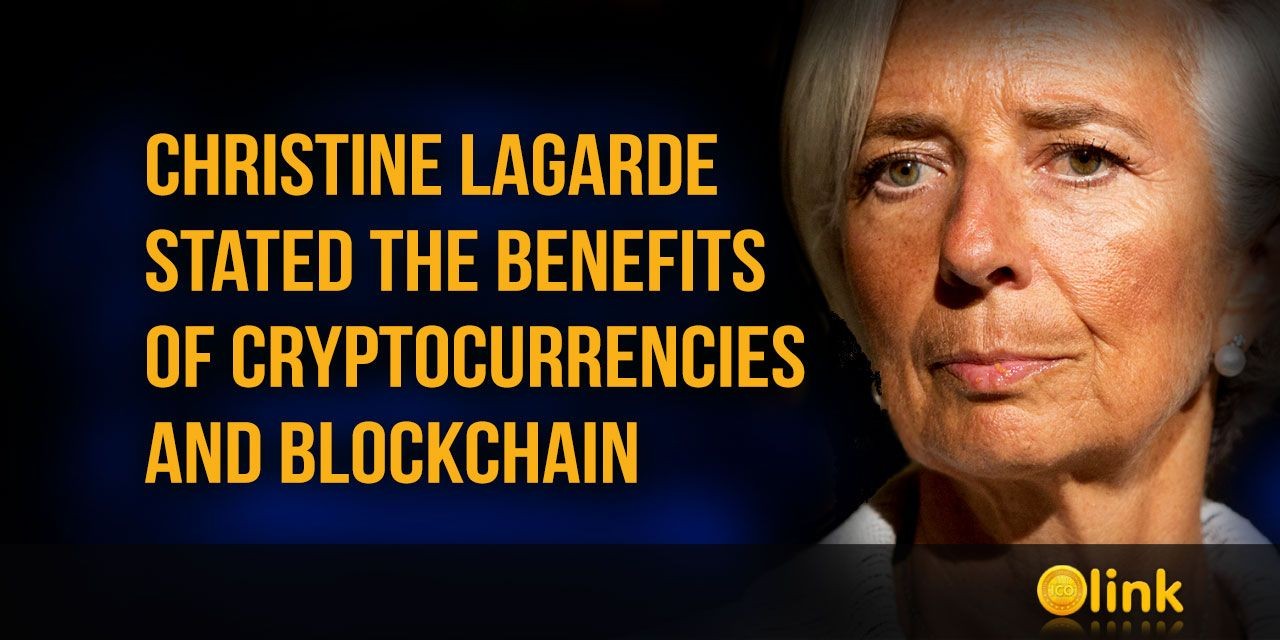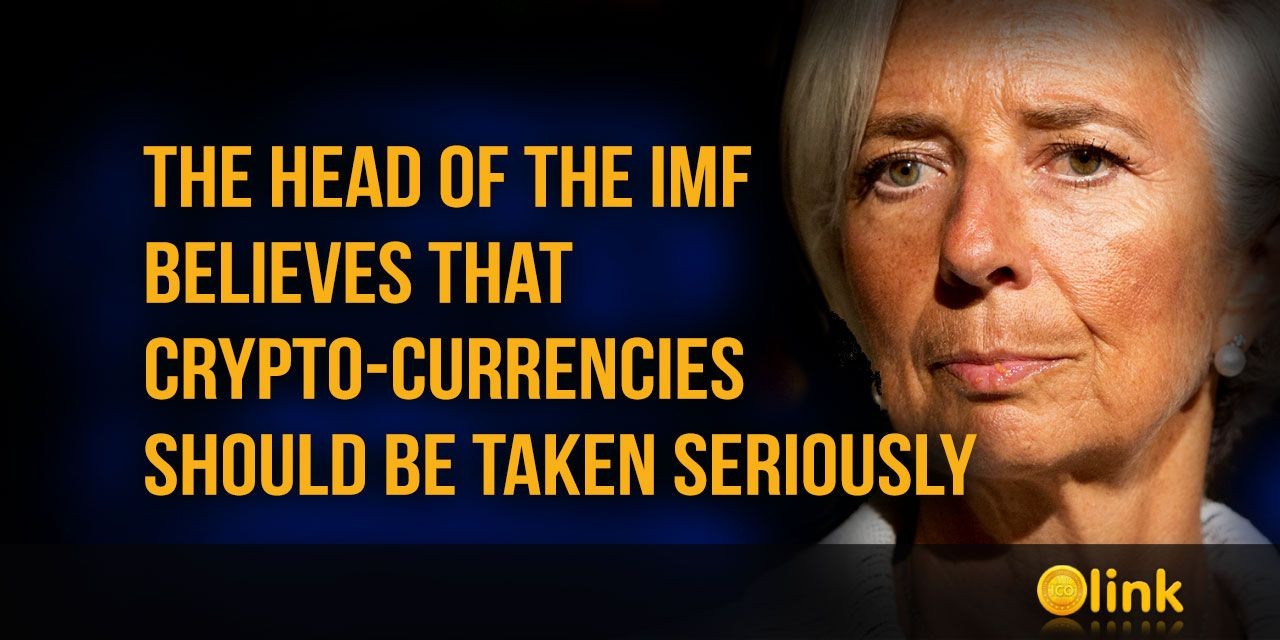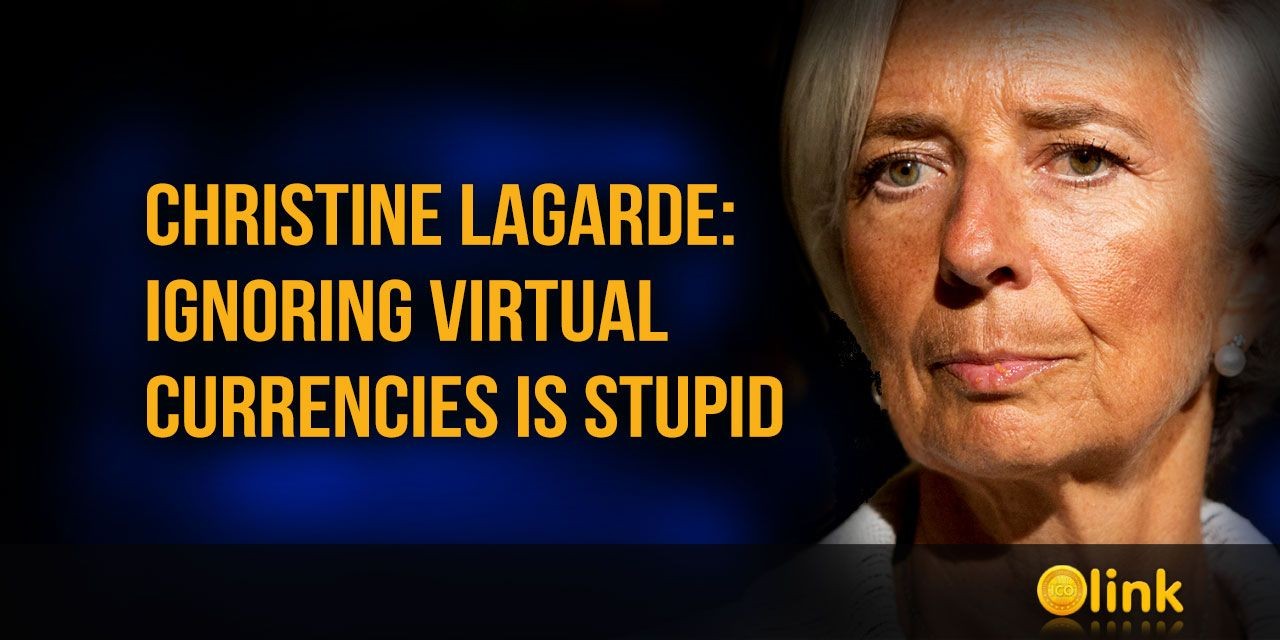The head of the International Monetary Fund (IMF), Christine Lagarde, spoke optimistically about the cryptocurrency, saying that they "do not pose an immediate danger," and their regulation is appropriate "in a balanced manner."
international monetary fund
Here you will find all posts tagged international monetary fund
About international monetary fund ℹ️
The International Monetary Fund (IMF) is an international organization headquartered in Washington, D.C., dedicated to fostering global monetary cooperation, securing financial stability, facilitating international trade, promoting high employment and sustainable economic growth, and reducing poverty around the world. Established in 1944 at the Bretton Woods Conference, the IMF plays a central role in the international monetary system by providing financial assistance and policy advice to its member countries. It operates as a specialized agency of the United Nations and has a membership of 190 countries. The primary functions of the IMF. Economic Surveillance: The IMF monitors the economic and financial developments of its member countries, conducts regular assessments of their economic policies, and provides policy advice to promote macroeconomic stability and sustainable growth. Financial Assistance: The IMF provides financial assistance to member countries facing balance of payments problems or economic crises. This assistance may come in the form of loans, credit lines, or policy support programs designed to restore economic stability and facilitate structural reforms. Capacity Development: The IMF offers technical assistance and training to help member countries strengthen their economic institutions, improve policy formulation and implementation, and build capacity in areas such as fiscal management, monetary policy, and financial regulation. Research and Analysis: The IMF conducts research and analysis on a wide range of global economic issues, including macroeconomic trends, financial stability, exchange rate policies, and international capital flows. It publishes reports and studies to disseminate its findings and inform policy discussions. Governance and Surveillance: The IMF oversees the international monetary system and promotes cooperation among its member countries to address global economic challenges. It also works to enhance the effectiveness and accountability of its own governance structure. Overall, the IMF plays a critical role in promoting international monetary stability and facilitating economic cooperation among its member countries. Through its surveillance, financial assistance, capacity development, and research activities, the IMF seeks to contribute to global prosperity and reduce the risk of financial crises.
Christine Lagarde, head of the International Monetary Fund (IMF), warned that central banks and financial services should pay attention to crypto-currencies. In an interview with CNBC at the annual IMF meetings in Washington, DC, Lagarde said: "I think that we will see massive shifts". According to Lagarde, the Crypto-currencies can play a future role in the renewal of the IMF's own domestic currency, the reserve asset of which is called Special Drawing Right (SDR). What we will learn is how this currency, special drawing rights, can actually use this technology to be more efficient and less expensive.


